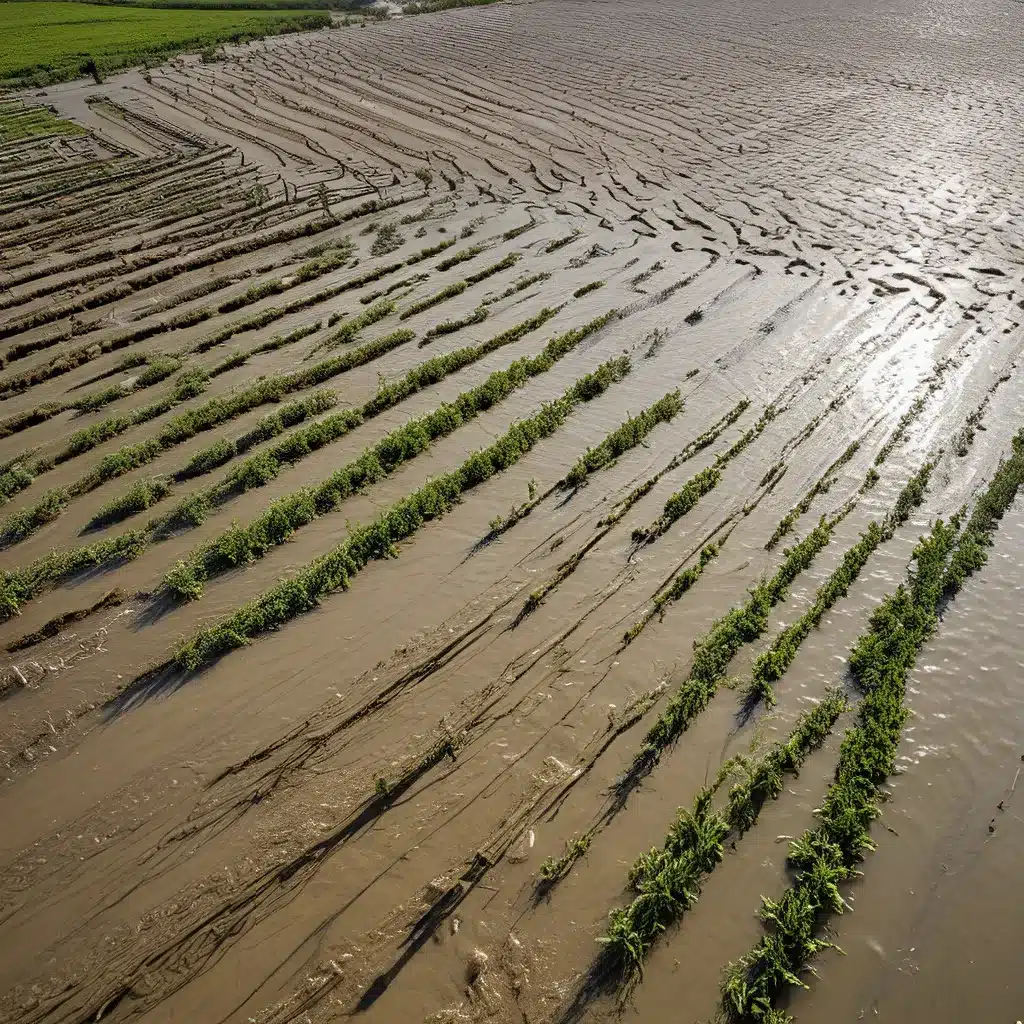
As I sit here sipping my morning coffee, I can’t help but ponder the intricate web of interconnections that shape the world around us. It’s a captivating and complex tapestry, where the threads of water, energy, and food intertwine in ways that are both fascinating and imperative to understand. Welcome to the realm of the water-energy-food (WEF) nexus, a concept that has been gaining traction in recent years as a critical framework for sustainable resource management.
Unraveling the Complexities of the WEF Nexus
The WEF nexus is a holistic approach that recognizes the fundamental interdependencies between these three vital resources. It acknowledges that decisions and actions in one domain can have far-reaching consequences in the others. For example, the production of energy often requires significant amounts of water, while the treatment and distribution of water demands energy-intensive processes. Similarly, the cultivation and processing of food are heavily reliant on both water and energy inputs.
Navigating this intricate landscape can be a daunting task, but it’s one that we must embrace if we hope to secure a sustainable future for ourselves and generations to come. The stakes are high, as the world’s population continues to grow, and the pressures on our natural resources intensify.
Embracing the Challenges: Integrated Approaches to Resource Management
So, what can we do to address the complexities of the WEF nexus? The answer lies in adopting integrated approaches to resource management, where we strive to optimize the use of water, energy, and food in a holistic and collaborative manner.
Fostering Interdisciplinary Collaboration
One of the key elements of an integrated approach is the fostering of interdisciplinary collaboration. This involves bringing together experts from diverse fields, such as hydrology, energy engineering, and agricultural sciences, to work together towards common goals. By breaking down silos and encouraging cross-pollination of ideas, we can uncover innovative solutions that address the nexus challenges in a more comprehensive way.
Embracing Technological Advancements
Technological advancements have the potential to revolutionize the way we manage the WEF nexus. From precision agriculture techniques that optimize water and energy use in food production, to smart grid technologies that improve energy efficiency, the integration of novel technologies can unlock unprecedented levels of resource efficiency and sustainability.
Promoting Policy Integration and Governance
Alongside technological innovations, the integration of policies and governance frameworks is essential for effective WEF nexus management. Policymakers must work collaboratively to develop holistic strategies that consider the interconnections between water, energy, and food. This includes aligning regulations, incentives, and decision-making processes to ensure that actions in one domain do not inadvertently undermine progress in another.
Fostering Community Engagement and Empowerment
But the solution doesn’t lie solely in the hands of experts and policymakers. The active engagement and empowerment of local communities are crucial for the success of integrated WEF nexus approaches. By empowering individuals and communities to participate in the decision-making process, we can tap into their unique perspectives, traditional knowledge, and on-the-ground experiences, ultimately leading to more inclusive and effective resource management strategies.
Embracing the Water-Energy-Food Nexus: A Pathway to a Sustainable Future
As I reflect on the complexities of the WEF nexus, I can’t help but feel a sense of both excitement and trepidation. The challenges are daunting, but the potential rewards are immense. By embracing an integrated, collaborative, and community-driven approach to resource management, we can unlock a future where water, energy, and food are abundant, accessible, and sustainably managed.
At Inland Waters Inc., we are committed to being at the forefront of this paradigm shift. We understand that the future of our planet depends on our ability to navigate the intricate web of the WEF nexus, and we are dedicated to pioneering innovative solutions that bring us closer to a more sustainable and equitable world.
So, let’s dive deeper into this captivating topic, shall we? Join me as we explore the cutting-edge research, the inspiring case studies, and the visionary thinkers who are paving the way towards a brighter, more resilient future. Together, we can embrace the water-energy-food nexus and unlock the key to a truly sustainable tomorrow.


